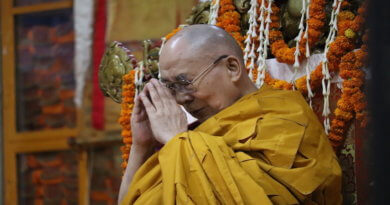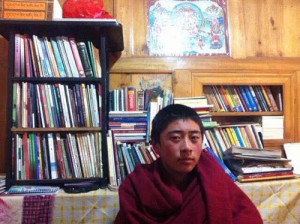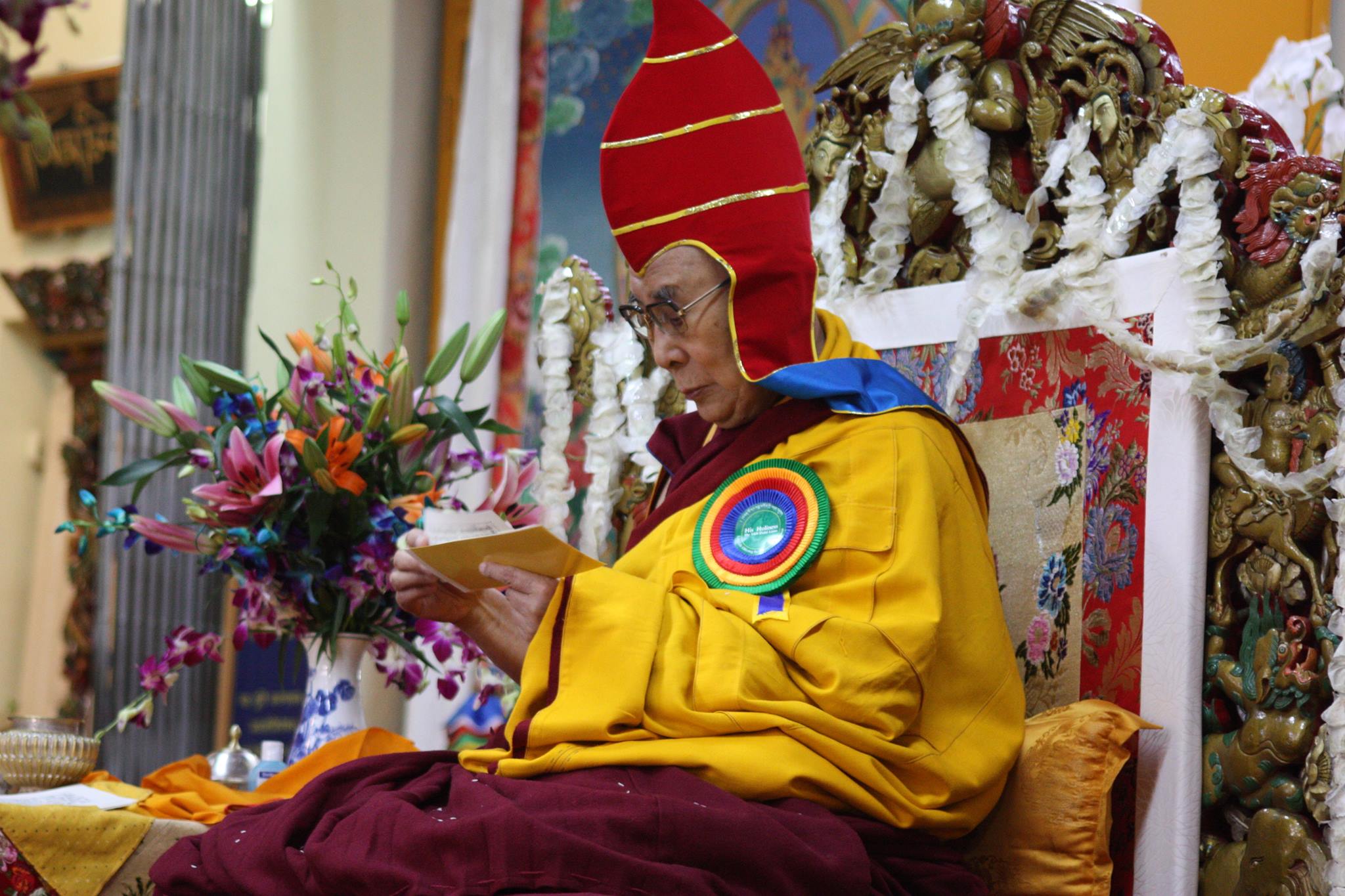TYC Commences its 19th General Body Meeting
By Tenzin Chokyi
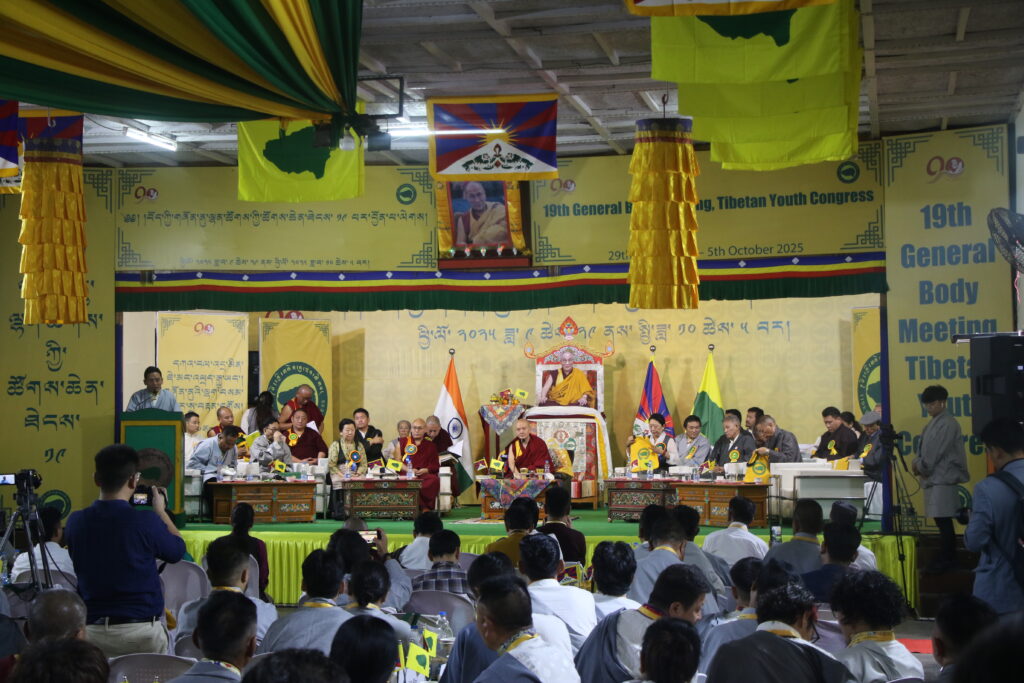
DHARAMSALA 29 Sept: The Tibetan Youth Congress (TYC), the largest Tibetan organisations in exile advocating for the full independence of Tibet, commenced its 19th General Body Meeting(GBM) today at the Lower TCV School hall, with around 200 members from 45 regional chapters in attendance.
In his opening remarks at the GBM, scheduled to be held from 29 September to 5 October, Gonpo Dhundup, the incumbent president of the TYC, nearing the end of his second term, stated in his opening address that the organisation has long been perceived as a “thorn in the eye” by the Chinese authorities due to its relentless campaign against the Chinese Communist Party.
Dhundup further affirmed that the TYC fully supports the 14th Dalai Lama’s statement on his reincarnation, rejecting any interference from the Chinese side.
He also added that the TYC has specifically included discussions on the celebration of the Dalai Lama’s 90th birthday and the organisation’s plans to mark the occasion in the agenda items.
Perceived as a key pro-independence organisation in exile and committed, as stated in its mission, “to struggle for the total independence of Tibet even at the cost of one’s life,” the TYC has not attended the International Rangzen Conference, the largest gathering on Tibet’s full independence, since 2013.
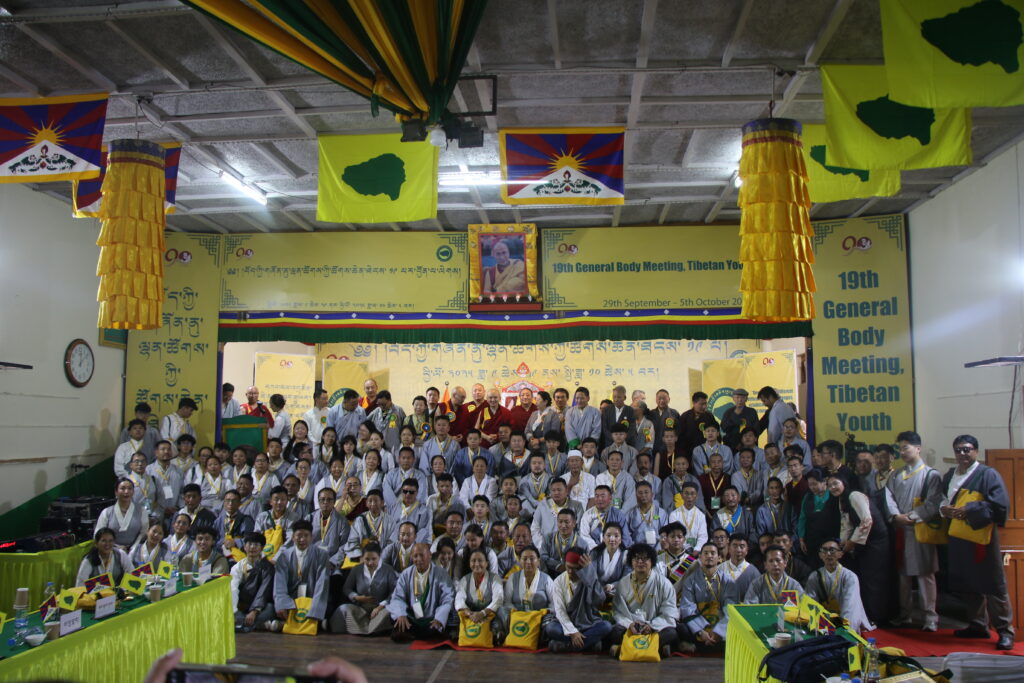
The organisation’s stance has grown ambiguous over the years, reflecting internal differences between members advocating full independence and those supporting the official Middle Way policy of the Tibetan government-in-exile, which seeks genuine autonomy rather than independence under the current Chinese regime.
Addressing this issue in his opening speech, Gonpo Dhundup stated that the TYC has successfully resolved the matter in most of its regional branches, redirecting them toward the cause of independence. He added that except for the regional chapters in Kollegal and Pandoh Tashiling Tibetan settlements, all the other chapters which initially parted ways with the TYC by changing their stance from complete independence to the Middle Way approach have now rejoined the TYC.
Well before Gonpo assumed his presidency, eight chapters had parted ways with the TYC. Some of these chapters had already rejoined before he assumed office, while others reunited with the organization during his tenure.
On the issue of the TYC’s absence from the International Rangzen Conferences, Tibet Express asked Dhundup why the organisation did not attend the conferences during his tenure as president, spanning two consecutive three-year terms, noting that the 6th International Rangzen Conference, held in New Delhi in 2023 and the 7th International Rangzen Conference, held in Toronto, Canada, in 2024 were voluntarily organised by Rangzen advocates and had no connection to the Tibetan National Congress (TNC), the political party that the TYC had resolved in 2013 not to collaborate with.
In response, Gonpo said that during his tenure as the TYC president that spanned the 17th and 18th Central Executive Committees, they were unable to attend the Rangzen Conferences due to varied reasons such as the 2013 resolution, as well as following the footsteps of his predecessors, and due to engagement conflicts.
When asked whether the 2013 resolution could be revisited, Gonpo emphasized that resolutions within the TYC are passed democratically, and any discussion or changes to the resolution would need to be decided by members during the ongoing GBM.
However, the TYC president added that the GBM will amend the rules of the TYC regarding the commencement of the GBM in September as it conflicts with the winter woolen sweater business of the exiled Tibetans.
Founded on February 13, 2013, on the 100th anniversary of the re-assertion of Tibet’s independence in 1913 by the great 13th Dalai Lama in the spirit of global freedom movements and explicitly aiming for the re-establishment of Tibet as a sovereign, independent nation—encompassing its traditional three regions, the Tibetan National Congress is the first political party advocating complete independence of Tibet in the Tibetan exile polity.
The absence of the TYC’s Central Executive Committee from the International Rangzen Conferences mirrors the internal dilemma within the TYC – a broader political polarisation in Tibetan exile politics – where differing visions of Tibet’s future, dominantly manifested as advocating for full independence or supporting the Middle Way policy, have shaped organisational decisions and engagement with the wider independence movement.
Therefore, a persisting question facing Tibetans and their freedom movement is how the official policy, described as the Middle Way and intended to avoid extremes, has come to be perceived as an extreme itself within the broader exile politics.
The GBM, held every three years, is the highest decision making body of the TYC. The seven-day meeting will see the election of the 19th Central Executive Committee, review and discuss the budgets and work reports of the central and regional chapters of the TYC, and discuss and lay down plans for the organisation’s campaigns and projects for the coming years, among other agenda items.

